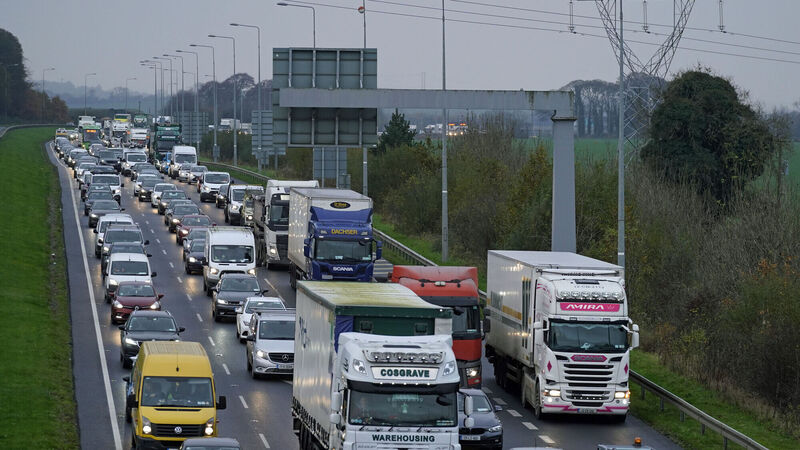Edgar Morgenroth: Fossil fuel bans could deflect us from effective non-coercive policies

Having to resort to a ban is a sign of having failed to convince people of the need to change behaviours. Stock picture: Niall Carson/PA
Try from €1.50 / week
SUBSCRIBEIncreasing greenhouse gas (GHG) emissions from transport have led to calls for immediate bans on SUVs, cars in cities, and private jets in Ireland. Similar calls are emerging in other countries.
In Germany, a government proposal to ban new oil and gas heating systems from 2024 was leaked to the public, which, following a public outcry was substantially, amended.
Already a subscriber? Sign in
You have reached your article limit.
Annual €130 €80
Best value
Monthly €12€6 / month
Introductory offers for new customers. Annual billed once for first year. Renews at €130. Monthly initial discount (first 3 months) billed monthly, then €12 a month. Ts&Cs apply.
CONNECT WITH US TODAY
Be the first to know the latest news and updates
Newsletter
News and analysis on business, money and jobs from Munster and beyond by our expert team of business writers.
Newsletter
News and analysis on business, money and jobs from Munster and beyond by our expert team of business writers.
Newsletter
Keep up with stories of the day with our lunchtime news wrap and important breaking news alerts.
Newsletter
Sign up to the best reads of the week from irishexaminer.com selected just for you.
Saturday, February 14, 2026 - 5:00 PM
Saturday, February 14, 2026 - 6:00 PM
Friday, February 13, 2026 - 10:00 PM
© Examiner Echo Group Limited